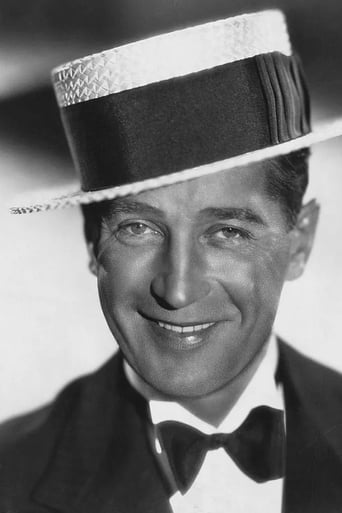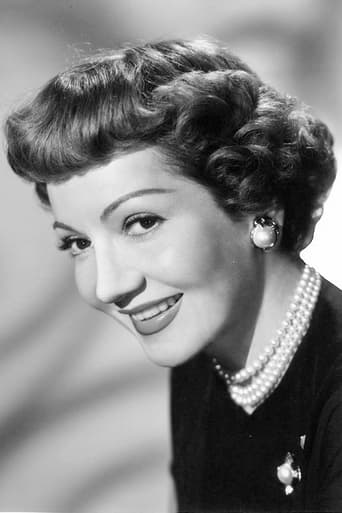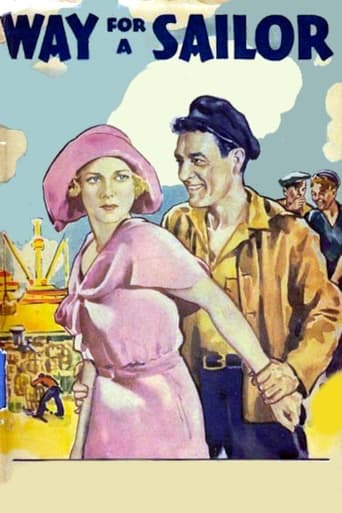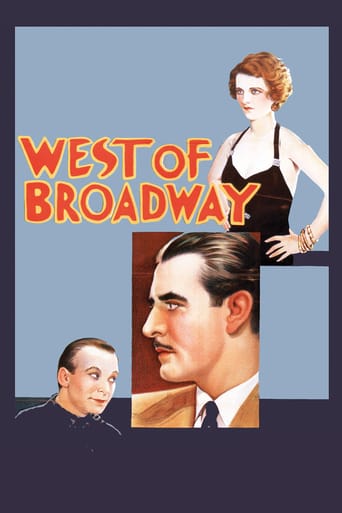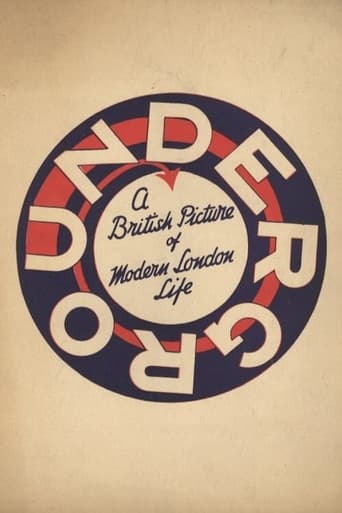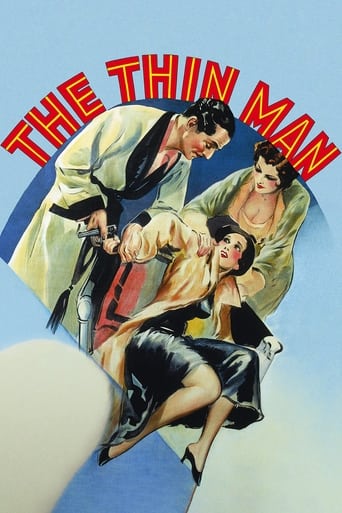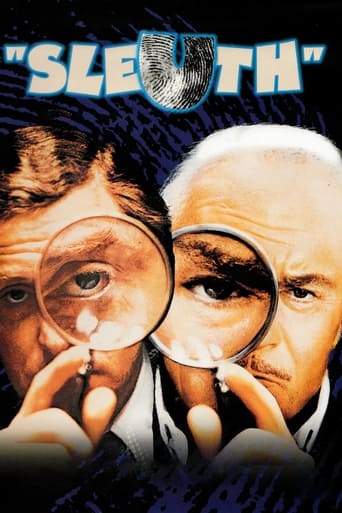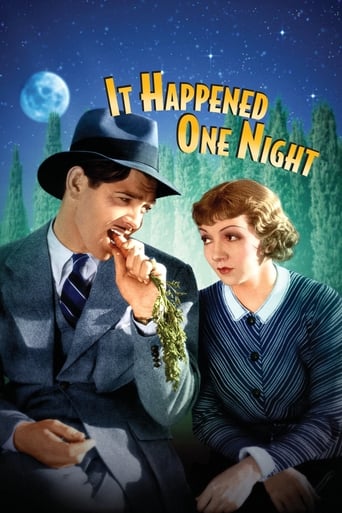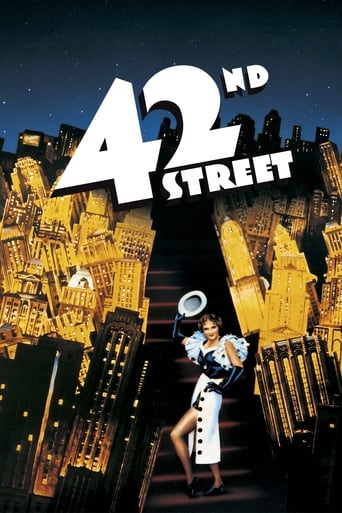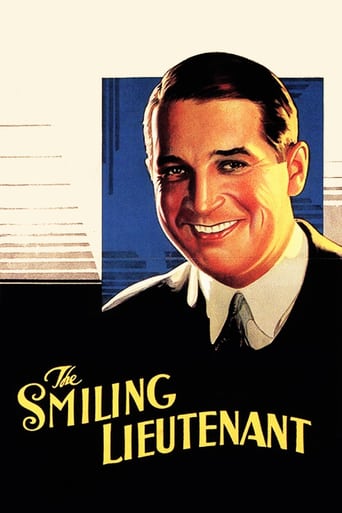
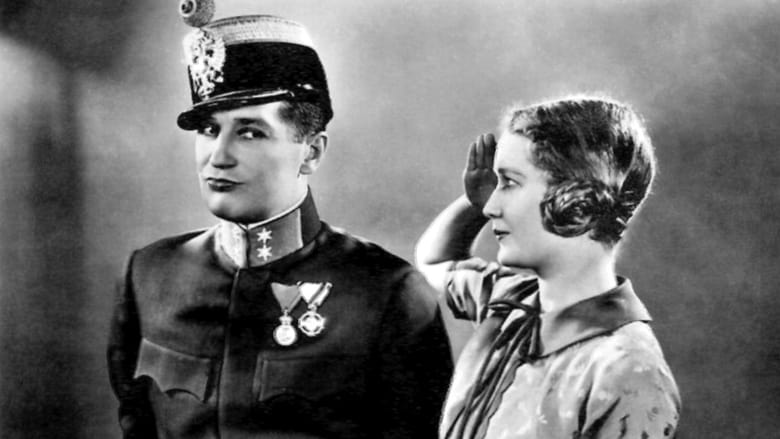
The Smiling Lieutenant (1931)
An amorous lieutenant is forced to marry a socially awkward princess, though he tries to keep his violin-playing girlfriend on the side.
Watch Trailer
Cast
Similar titles
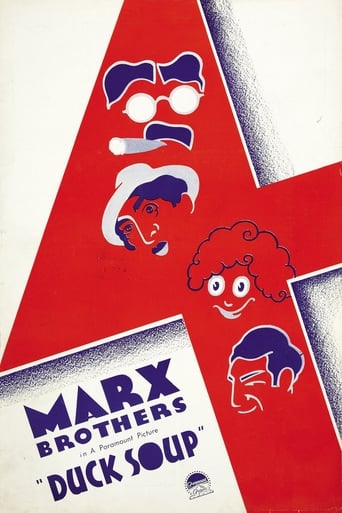
Reviews
Truly Dreadful Film
To me, this movie is perfection.
A different way of telling a story
A great movie, one of the best of this year. There was a bit of confusion at one point in the plot, but nothing serious.
I am grateful for Lubitsch. I always am when I watch a good film, but the feeling is somehow of a different magnitude when the encounter suggests a consistently bright and sensitive soul. He must have been having a blast composing these things, sculpting the contours of little jokes, rubbing as frivolously as he could against the edges of sexual protocol. Much has been made of his Touch, though it seems an elusive thing: reading up on various critics' proposed theories of it, you couldn't get two to agree—even his collaborator Billy Wilder, when interviewed about it, seems a bit mystified. I have my own notion that I'm working on, but hashing that out is in the future.Yes, you will have a great time with this, quite possibly the raunchier of all the precode musicals I have been visiting as of late. The farce is about finding a million small ways to suggest sex, some of them bawdy, usually elegant—breakfast as sex talk, a bugle's rousing ra-tat-tat as arousal, 'Jazz up your Lingerie', and the baffling scene that closes this, where the virginal princess, instructed on seduction by her sexual rival, transforms into a wild flapper—smoking, banging a jazz tune at the piano—to get the capricious lothario she lusts after into bed, all this amounting more or less to the happy end of a successful romance.One more thing. The engine that drives this cinematic world into motion, I'm sure most viewers would not think twice of it, but I'm in the habit of noting interesting cases. In this case, I believe (though it is too early to tell) it exemplifies on the deepest level the whole cosmology of Lubitsch.On a first level, it is simple enough; a misunderstood smile.As the misunderstanding is the most commonplace trope, this isn't particularly useful or revealing. This is what happens a little later though. The dashing lieutenant is instructed—as per the emperor's wishes —not to propose, not even speak to the smitten princess. This is presented by the adjutant who makes the case not as a cut-and- dry decision, but as the product of much political deliberation and digress, itself an impish joke on imperial etiquette. So far so good. In the following scene, however, he receives a congratulatory phonecall on his marriage. And in yet the next scene, he is officially congratulated in person by the emperor, the same one who forbade him to propose.Yes, we can reason that somewhere along the line, for whatever reasons, the decision was reverted, that is beside the point. The point is that lesser filmmakers would explain. And yet it makes sense seemingly illogical as we have it.So how about this for a blueprint? Improvisation and whimsical digress, and in the quantum level of narrative, you have spontaneous uncertainty, which is the most universal of attributes. And in the world of the film, this is going to have far-reaching imports, like deciding the course of empires.Something to meditate upon.
It must have been that the movie-going public loved seeing Maurice Chevalier in those tight uniforms, he seemed to be in them in most of those early talkies he made for American studios. Only now and again would Chevalier play something as prosaic as a tailor.He's a guardsman again in The Smiling Lieutenant. But with the Austrian Empire at peace all the men have a lot of idle time on their hands. Maurice is busy planning his latest campaign when a friend played by Charlie Ruggles asks him with that Chevalier charm to intercede for him with a female violinist in Claudette Colbert.Maurice does, but the sly rogue gets her for himself. And then he's put on duty to greet the visiting royal house of Flausenthurm which includes King George Barbier and Princess Miriam Hopkins.In one of those priceless Ernst Lubitsch moments, Chevalier while at attention spots Colbert across the street and throws a few knowing smiles and winks. But when the coach carrying Barbier and Hopkins passes, Hopkins intercepts one of those winks and considers it an uncalled for act upon a royal personage.In fact she likes what she sees and persuades Daddy to get the Emperor who's her uncle to part with Chevalier. Of course Maurice the old campaigner likes the idea of being married to the dowdy Hopkins if he's got Claudette on the side.I won't go any farther, but as you can see just by what I tell you The Smiling Lieutenant is a film made before the Code was put in place. In fact the naughtiness of films like these is what got Hollywood the Code. But it's what also makes it hold up very well for today's audience.No big song hits come from The Smiling Lieutenant, but Chevalier delivers what's there with his Gallic charm. Even Hopkins and Colbert grab a chorus or two with Maurice. Music is by Oscar Straus with English lyrics by Clifford Grey.This is before the Code so you have some freedom as to how this film will end, the parameters the Code put in place are no longer there. I should say however that Miriam Hopkins gets a makeover that Paul Venoit and his team would envy.
"The Lubitsch touch" was all the rage at the start of Hollywood's Talkie era, which is why musical trifles such as this one or the preceding THE LOVE PARADE (1929) skilfully made and pleasantly risqué though they might be ended up being major Academy Award contenders for a spell. In fact, the film under review got its sole Oscar nod for Best Picture an achievement which would become virtually impossible in a decade's time. Popular Continental crooner Maurice Chevalier plays his typical role of a Viennese roué who steals the girl (an almost unrecognizably young Claudette Colbert appearing as a concert violinist) of his comrade-in-arms (Charles Ruggles, who unaccountably disappears from the film after the first few scenes!); standing guard at the ceremony of visiting royalty, he creates a diplomatic scandal for seemingly winking at the naïve princess (Miriam Hopkins) when in fact he had been making eyes at Colbert who was watching the parade from the sidelines! To make amends, he is forced to marry Hopkins but he is not about to be tied down to a life of luxurious boredom and slips out in the commoner's uniform of straw hat and tuxedo for a night on the town every chance he gets; in the meantime, the flustered King comforts his lonesome daughter by playing chess in her boudoir! Colbert and her bandmates give a recital in Chevalier's kingdom and she finds herself invited to the Palace but it's Hopkins who summoned her to seek advice on how to ignite Chevalier's passion! Curiously enough, Chevalier had been unusually loyal to Colbert instead of his usual roving self and it is only on the latter's advice (and her involvement in Hopkins' jazzy makeover) that he finally abides willingly to his marital duties. As is customary for Lubitsch, what is left unsaid is about as important as what is spelled out and THE SMILING LIEUTENANT provides the director several instances wherein to indulge his subtle wit: the very opening sequence showing a tailor, who had called at Chevalier's to demand payment, leaving when the door is unanswered while a girl is ushered inside soon afterwards by the accomplice-butler; the sequence showing Ruggles trailing behind Chevalier and Colbert and carrying her violin case; Colbert's indoctrination of the stuffy Hopkins into what the modern woman wears and which music she plays, etc.
There is more real sexuality between male and female in five minutes of a Lubitsch musical than in two and a half hours of any average film you're likely to see today. Needless to say, there is no nudity. It's all done with innuendo and the extraordinary degree of energy and physical magnetism that Lubitsch manages to elicit from all his actors. For once in a film, you actually feel that these extremely attractive young people can hardly wait to go to bed with each other, and when they do (off-screen of course) the result is transformative. When they burst out in song, as they do on the slightest provocation in a Lubitsch musical, it is because they are full of emotions they can no longer contain. There's nothing dirty or smutty whatsoever in the Lubitsch Touch, as there is sometimes in the work of his disciple Billy Wilder. Lubitsch's characters explode with life, the joy of being young and in love. There are many great film directors, but not one has ever been able to create the kind of sexual energy that Lubitsch puts into all his films. Silly as the plots may be, mediocre as most of the songs are, his films bristle with the romance and humor of life.
